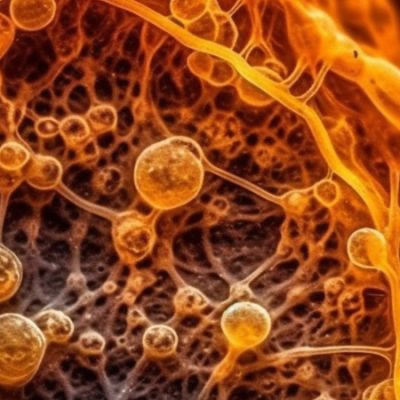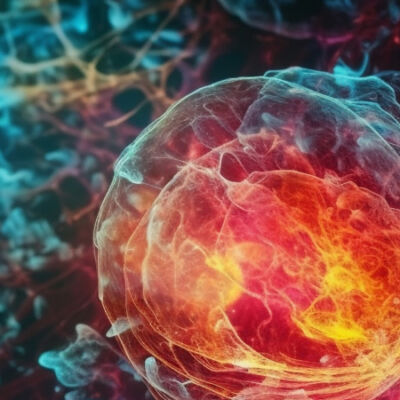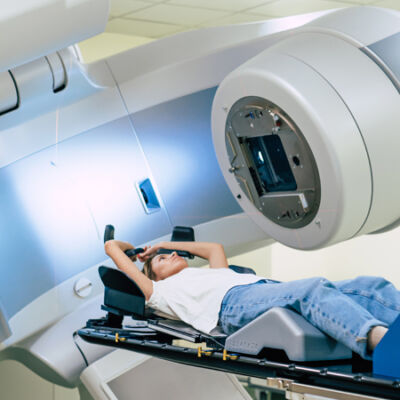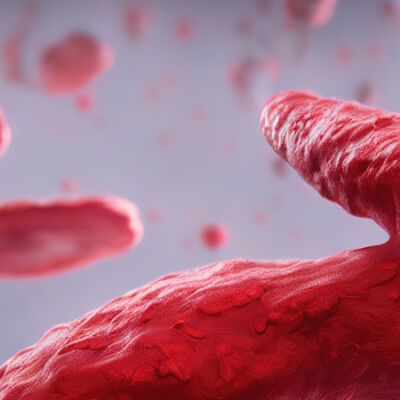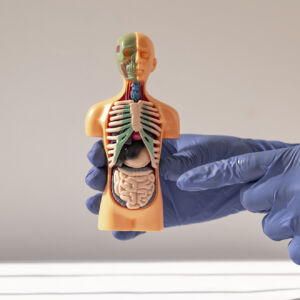Oncology, also known as carcinology or cancerology, is the medical speciality dedicated to the study, diagnosis and treatment of cancer. Our clinic offers its patients an organisation that brings together the departments that support our patients (Oncology Centre):
- Outpatient and Day Hospital (Oncology)
- Full hospitalization
- Radiotherapy
- Multidisciplinary Oncology Coordination Unit
- Medical Oncology Unit
- Palliative Care Unit
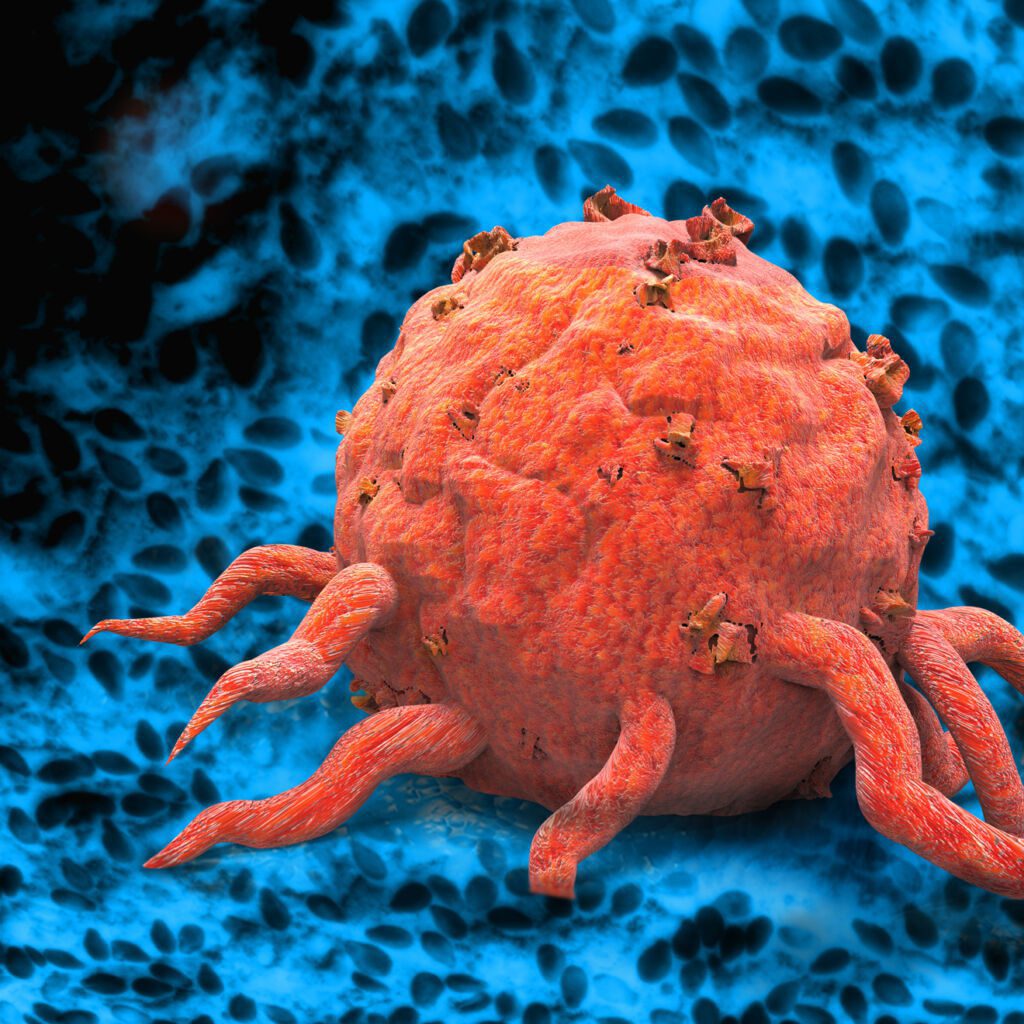
The Oncology Center (cluster) includes specialities specific to the study, diagnosis (biological research or imaging) and treatment of cancer
A medical oncology unit (chemotherapy) with 10 wards.
The Oncology Center (Unit) supports the various cancer treatments: surgery, chemotherapy, radiotherapy, targeted therapies and oral therapies.
Here are some of the pathologies treated in our Mediterranean Clinic, with an effective and efficient medical and paramedical team
Cancer is a reality that affects many men across the globe, but awareness and prevention can make all the difference.
Liposarcoma, while rare, is an aggressive form of cancer that warrants our full attention.
At the heart of every woman’s concerns, the fight against female cancers remains a priority.
To find out more about oncology and the role of the oncologist, we invite you to read these few lines.
Discover the different types of radiotherapy used in oncology in this comprehensive guide. Understand how each method works and its role in cancer treatment.
Blood cancer, also known as leukemia, is a serious disease that affects blood cells. Learn about the causes, symptoms and treatment options for blood cancer in this article.
You ask, our teams answer.
F.A.Q
Oncology (from the Greek onkos, ‘mass’, and logos, ‘discourse’) is the medical discipline that deals with the diagnosis and treatment of cancer. A healthcare professional who practices oncology is called an oncologist. The World Health Organisation’s definition of oncology, which is part of its International Classification of Diseases manual, is “the study and treatment of neoplastic diseases”.
The study of oncology is known as oncology or onco-biology. The diagnosis and treatment of cancer is carried out by health professionals called doctors, usually doctors who specialise in treating cancer, called medical oncologists, or surgeons who specialise in cancer surgery. Medical oncologists and oncology surgeons may also work with radiation oncologists, who specialise in the use of radiotherapy to treat cancer.
Oncology includes diseases that affect cells in high-risk areas such as the lungs, kidneys, bladder, testes (testicular germ cell tumours), ovaries (ovarian germ cell tumours), brain (primary brain tumours), colon/rectum (colorectal cancer), pancreas (pancreatic adenocarcinoma), uterus/endometrium (uterine serous cancer), breast, lung, kidney and ENT (ear, nose and throat).
Chemotherapy (treatment in our oncology unit) is the use of drugs to destroy cancer cells. A chemotherapy drug can kill a cancer cell or interfere with a cell’s ability to grow and divide.
Chemotherapy drugs are used to treat many types of cancer. They can be given in combination with radiation therapy, surgery or other treatments such as hormone therapy. Some chemotherapy drugs affect cells that have already become cancerous (malignant)while others act by targeting cells that are still healthy but may become cancerous in the future if they continue to divide uncontrollably.
There are many types of chemotherapy drugs, each with its own potential side effects and benefits for the patient. Your doctor will determine the medication best suited to your situation based on
- The type of cancer
- If the patient has received other treatments for your cancer (for example, radiotherapy)
- The degree of progression of the disease.
Medical imaging is a general term for the different techniques used to create images of the body. Medical imaging is an important part of cancer treatment because it can help doctors learn more about your cancer and treat it better.
Types of medical imaging
There are many types of medical imaging, but the main ones are:
- X-rays: they use radiation to take pictures of bones and organs.
- MRI (Magnetic Resonance Imaging): uses powerful radio waves and magnetic fields to take detailed photos of the body’s soft tissues.
- CT scan (Computer Aided Tomography): this is a cross scan; the images are taken as slices through the body. It is very useful for examining bone problems or internal organs like the heart or lungs.
Medical imaging is used to diagnose and treat diseases or injuries, assist with surgery and show how internal organs work.
Surgical cancer treatment is a major component of oncology and encompasses a wide variety of procedures.
Cancer surgery refers to the surgical treatment of malignant tumours. Malignant tumours are cancers that invade and destroy healthy tissue, often emitting tiny finger-like projections, called “tumour cells”, which move through the bloodstream and lymphatic system to other organs and form new tumours. Surgery is used to treat cancers that have not spread outside their site of origin, referred to as “local” or “primary” cancer. Surgery can also be used for cancers that have spread to other parts of the body (metastases) in order to control their growth or eliminate them completely if chemotherapy or radiotherapy is not enough to control them.
Radiotherapy (supported in our oncology unit) is a cancer treatment that uses high energy radiation to damage and destroy cancer cells. It is often used in combination with other treatments, such as surgery, chemotherapy or hormone therapy.
Radiotherapy kills cancer cells and prevents them from growing and spreading. It can be used to treat many types of cancer.
Radiotherapy can be given as the primary treatment for cancers that have spread to other parts of the body (advanced cancers) before surgery to reduce the size of a tumor or prevent its recurrence (preoperative radiotherapy) after the operation to kill the remaining cancer cells (post-operative radiotherapy).




